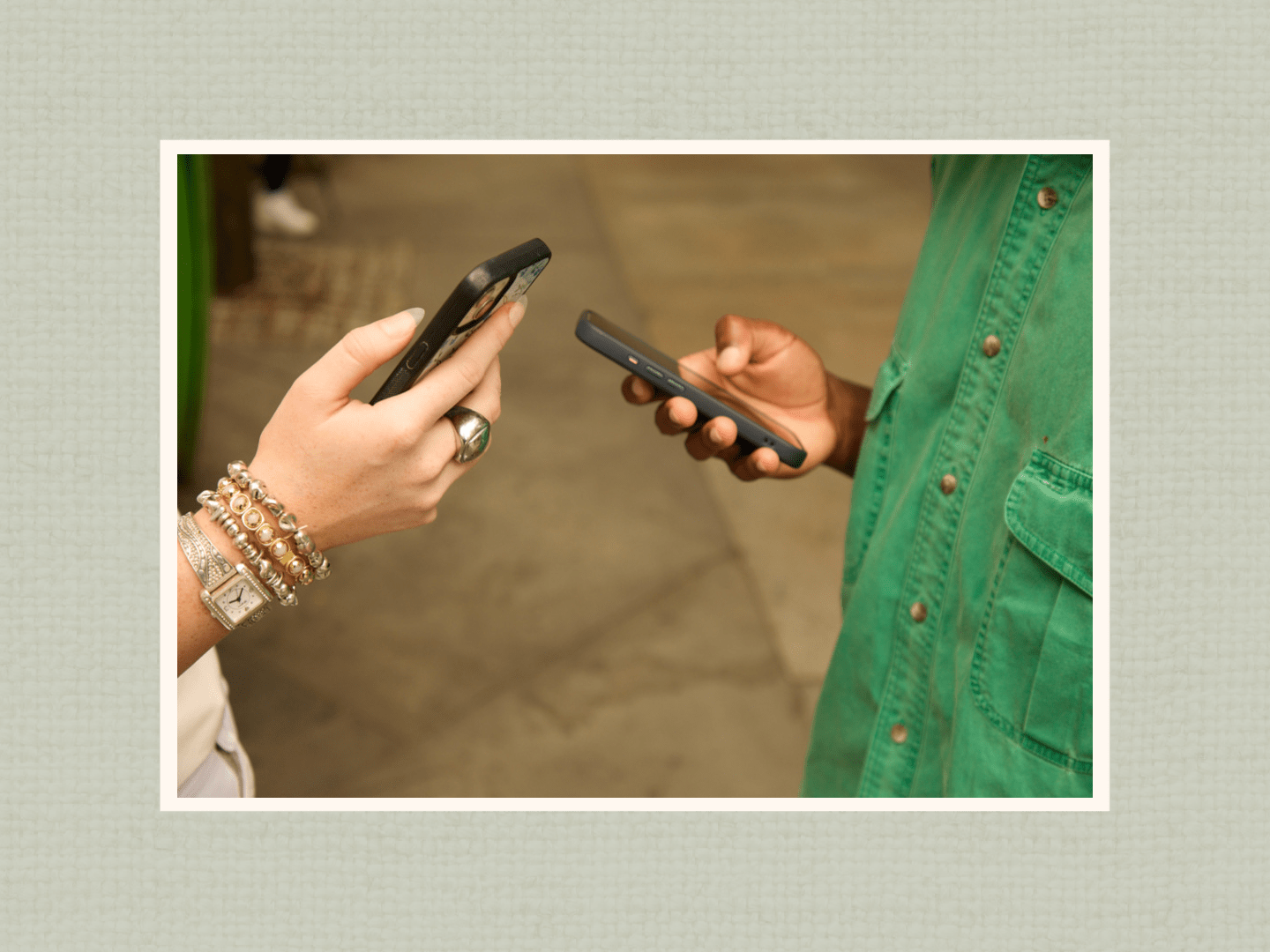In tenth grade, I laughed when a classmate of mine told me that his entire essay on The Great Gatsby was written by ChatGPT. What could a robot possibly have to say about a literary masterpiece written a century before the robot was even conceived? At the time, I didn’t fully know what ChatGPT was; I’d heard many references swirling with increasing frequency through our school hallways, but not having had any firsthand experience with this mysterious technology, I thought of it more as a punchline to a joke. I had no idea at all what it was capable of.
Not long after my friend’s confession to me, he got caught. He received an ominous email from the head of the English Department and the principal of the school; his initial reaction was to try to rope me into his debacle. “Can I please just say you wrote it?” he begged me. I have the reputation of being a somewhat decent writer, one with a moral compass (hence his idea that my potential association would somehow make things better for him), and he thought this excuse would be more palatable than the notion that a robot did his homework for him.
Out of sheer curiosity, I asked to read the essay that he feared would trigger his professional downfall. My expectations were low, but when I read it, I was shocked. The pages of literary analysis in front of me were coherent and convincing — and certainly not written by my friend (he is a very smart student, but one without any interest in writing or literature).
A few days later, my curiosity still unquenched, I opened up the ChatGPT website, and on a whim, I made an account (NOT, of course, with my school email). A guilty thrill surged through me as I did this. I felt like I was dealing with some sort of contraband, some foreign technology from aliens millions of miles away. I was overcome by a sense of shame as I created a password. But it all happened so easily, and ultimately, I pushed ahead with it.
I tested the machine, asking it to write a poem in the style of Lana Del Rey. The results were no “Summertime Sadness,” but I was thoroughly impressed by how quickly and convincingly the computer produced its facsimile. Then came the real moment of truth. I’d already done my bio assignment for the next day, and I was curious to see if ChatGPT could match my accomplishment. Robot-free, the homework had taken me a good two hours. How long might it take the machine? I pasted in my homework question (no typing necessary), and hit enter.
Within mere seconds, the software produced a long bullet point that was smart, but still wouldn’t work for the short answer format required. Nonetheless, it had plenty of potential, and — I soon discovered — the small issue of its composition was eminently fixable. I simply typed in a new missive: Turn the answer into short sentences. Less than 10 seconds later, I was reading a computer-derived, full-sentence-answer that was not just serviceable, it was actually good.
I’m a member of Gen Z; I’ve grown up in a smart home with smartphones and a smart car. But nothing could have prepared me sufficiently for what I’d just witnessed. I could not begin to wrap my head around the seductive reality that — in less than a minute — a computer had produced a completed homework assignment, one that I’d spent the past two hours working on; and the machine had done at least as good a job as I had done — without ever showing up for a single class.
I made a pact with myself — right there, despite any possible temptation — that I’d never use ChatGPT (even in a pinch), partly because I value my writing above pretty much everything else I do (I certainly don’t want a computer putting words in my mouth), and partly because I’m not inherently a cheater. Still, I could see why this new technology would be an enticing proposition to just about anyone human, maybe because they’re too tired to work after a long day of other stuff, or maybe they just want an easy fix when faced with an impossible deadline. Either way, temptation is temptation.
And the statistics bear out the fact that ChatGPT’s lure, especially for my generation, is very real — and it’s growing exponentially. According to a Pew Research study, roughly one in four teens now admits to using ChatGPT for their schoolwork, a number that’s doubled in just a year. Twenty-nine percent say it’s okay to use ChatGPT to solve math problems, and 18 percent say the same thing about using it to write essays. Clearly, this is a matter not just of temptation, but also of understanding the definition of cheating — in a new world where robots get intimately involved in that process. ChatGPT is the easiest way out. It can do anything from writing an essay to solving an equation. But for teens who — by definition — are still learning how to write and think, getting a computer to do our work for us is just about the worst thing for developing our brains.
My generation was one of the first to have screens placed in front of us before we could even read or write, and now, AI is calling our names. AI is especially vocal in the wee hours of the morning when a big paper or assignment is due later that day. I know this from watching my friends and classmates over FaceTime as a deadline approaches with the coming morning. To be sure, kids who are inclined to cheat will always find a way to do it, whether robots exist or not. But now cheating is so much easier — and, by extension, so much more irresistible.
Beyond the moral crisis of more widespread cheating, the effects of ChatGPT are detrimental to education itself. That fact is evident even when ChatGPT is used for legitimate purposes. For example, ChatGPT can be helpful for taking notes or summarizing articles, but research shows that teens who use it that way fail to absorb information as well as they would if they were taking the notes themselves. In a study conducted by the University of Pennsylvania, a group of high schoolers was divided in half before a math test: One group was allowed to use AI to study, and the other was not. While the group allowed to use AI did much better on practice tests, the group without access to AI outperformed the AI group on the actual test — when AI was no longer available to either group.
Compounding the issue of compromised education is the larger existential question of my generation’s very future. From the front lines of teen AI-usage, I see a dark horizon off in the distance, but getting closer constantly. The future is a place where writing and thinking — if not entirely terminated as we know them — have certainly morphed into a shadow of what they once were. And our collective identity is collateral damage.
Learning to write is how we also learn to define ourselves. Writing is not just an outlet for our thoughts, it’s also a means by which we figure out who we are — through self-expression, deliberate reflection, and the verbal exploration of ideas and perspectives. Literacy helps form our ability to think and to question the world around us. But AI threatens to undermine our individual voices and our authentic human thoughts, replacing all of that with a computer-driven generic brand of “perfection.” In order to speak for ourselves, we must think for ourselves, and in order to think for ourselves, we have to put some distance between us and the computers threatening to take our thoughts away. The alternative to that sort of action could be detrimental to society itself.
As for my friend who got busted for his AI essay on The Great Gatsby, he did not end up getting expelled or even suspended. Instead, he was given a stern warning — and then forced to write the essay himself. He complied, and did a decent job on it. Even if the computer hit all the right points, my friend’s essay turned out to have a lot more humanity. Mistakes, grammatical or analytical, can be a beautiful thing, especially at our age, when the emphasis should be more on learning than on mere performance.
The larger story of ChatGPT promises a far less happy ending. To understand that, I need look no further my Gatsby friend, who soon went back to using ChatGPT for his other assignments. And he’s not alone; the number of people using it in my grade is only growing. This is a widespread problem, to which I don’t profess to have a solution. But what I do know is this: The technology at stake is moving quickly, and we don’t have much time to figure it out.







